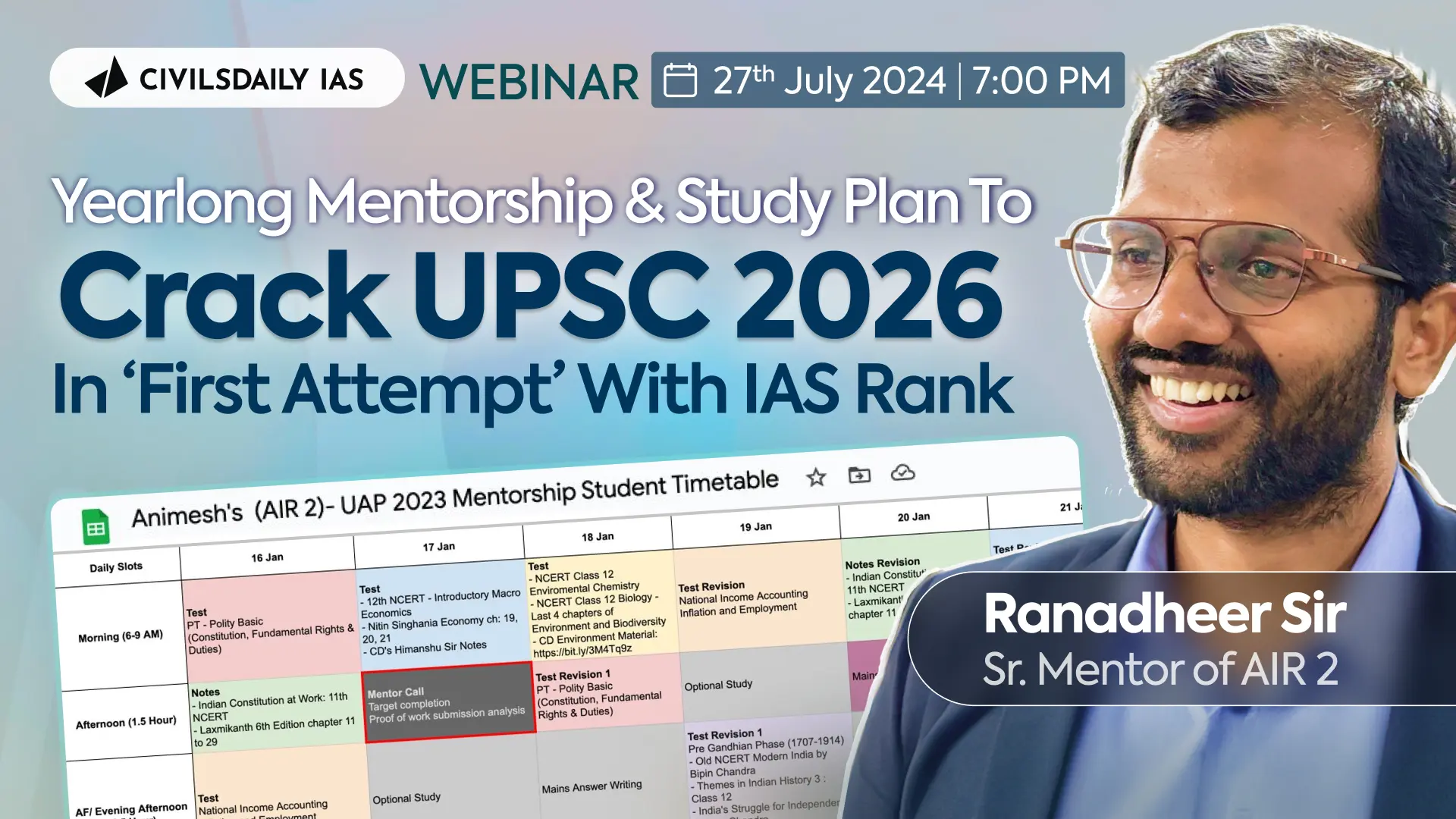Note4Students
From UPSC perspective, the following things are important :
Prelims level: Article 19(c)
Mains level: Regulation of marriage under UCC
Introduction
- The recent enactment of the Uniform Civil Code (UCC) in Uttarakhand, specifically addressing live-in relationships, has sparked debates concerning individual freedom and state intervention.
What are Intimate Associations?
- It is an association that promotes a way of life, not causes; a harmony in living, not political faiths; a bilateral loyalty, not commercial or social projects.
- This includes family relationships and other deep, personal connections that are important to individuals.
Uttarakhand UCC on Intimate Associations
- State Oversight: Section 381 of Uttarakhand’s common civil code mandates individuals intending to enter a live-in relationship to submit a “joint statement” before a Registrar, subjecting their intimate associations to state monitoring.
- Regulatory Measures: The Registrar is empowered to conduct an “enquiry” to determine the legitimacy of the relationship, infringing on the privacy of consenting adults.
- Registration Requirement: Couples must obtain a “registration certificate” from the State authority, imposing bureaucratic hurdles on the exercise of personal choice.
- Scope of Freedom: The freedom to choose a partner and enjoy their society is integral to personal autonomy and individual liberty, safeguarded under Article 19(c) of the Constitution.
Major Judgments upholding Intimate Associations
| Key Takeaway | |
| Lata Singh vs. State of UP (2006) | Directed protection for inter-caste and inter-religious couples from harassment and violence. |
| S. Khushboo vs. Kanniammal & Anr. (2010) | Declared sexual relations between consenting adults outside marriage as legal and within the right to privacy. |
| Naz Foundation vs. Government of NCT of Delhi (2009) | Decriminalized consensual homosexual acts between adults, declaring Section 377 of the Indian Penal Code as a violation of rights. |
| Joseph Shine vs. Union of India (2018) | Decriminalized adultery and declared it a violation of the rights to equality, dignity, privacy, and autonomy. |
| Navtej Singh Johar vs. Union of India (2018) | Affirmed the rights of LGBTQ+ individuals to express their sexual orientation and identity with dignity. |
| Shafin Jahan vs. Asokan K.M. (2018) | Upheld the right to marry a person of one’s choice regardless of religion or caste, nullifying the annulment of a Hindu-Muslim marriage. |
| Shakti Vahini vs. Union of India (2018) | Condemned honour killings and violence against inter-caste and inter-religious couples, issuing guidelines for prevention and protection. |
| Supriyo versus Union of India (2023) | Refers to how State should not interfere with the freedom of consenting adults to form legitimate “intimate associations”. |
Critique of State Intervention
- Infringement on Privacy: The UCC’s intrusive provisions undermine the autonomy and privacy of individuals by subjecting their relationships to state scrutiny.
- Restriction on Freedom: Imposing regulatory requirements on live-in relationships contradicts established principles of personal liberty and restricts the exercise of fundamental rights.
- Potential Discrimination: State interference in intimate matters risks perpetuating discrimination and infringing on the rights of consenting adults to form relationships of their choice.
Arguments in Favor of such Associations
- Fundamental Rights: Denying individuals the right to choose their partners violates fundamental rights and equality.
- Union Recognition: Diverse couples lack legal recognition and access to marital rights and protections.
- Promotion of Equality: Legalizing diverse relationships reduces discrimination and fosters inclusivity.
- Positive Impact: Recognizing diverse unions positively impacts mental health and societal acceptance.
- Secularism: Recognizing diverse relationships aligns with democratic principles and equality.
Arguments Against
- Preservation of Norms: Altering traditional marriage norms challenges societal expectations.
- Cultural Preservation: Diverse relationships may conflict with cultural or religious beliefs.
- Social Impact: Concerns exist regarding family structures and societal cohesion.
- Legal Complexity: Legalizing diverse unions may introduce legal uncertainties and disputes.
- Social Stigma: Societal stigma and discrimination persist against diverse relationships.
Way Forward
- Advocacy: Continued advocacy for rights and societal acceptance of diverse relationships.
- Policy Reforms: Push for policy reforms to recognize and protect the rights of individuals.
- Support Services: Offer counseling and support services to address stigma and legal challenges.
- Community Building: Create safe spaces and support networks for individuals in diverse relationships.
Conclusion
- As debates continue, it is essential to strike a balance between regulatory measures and the protection of constitutional freedoms, fostering a society that values diversity and respects individual autonomy.
Try this PYQ:
Which Article of the Constitution of India safeguards one’s right to marry the person of one’s choice? (CSP 2019)
(a) Article 19
(b) Article 21
(c) Article 25
(d) Article 29
Post your answers here.
Get an IAS/IPS ranker as your 1: 1 personal mentor for UPSC 2024
